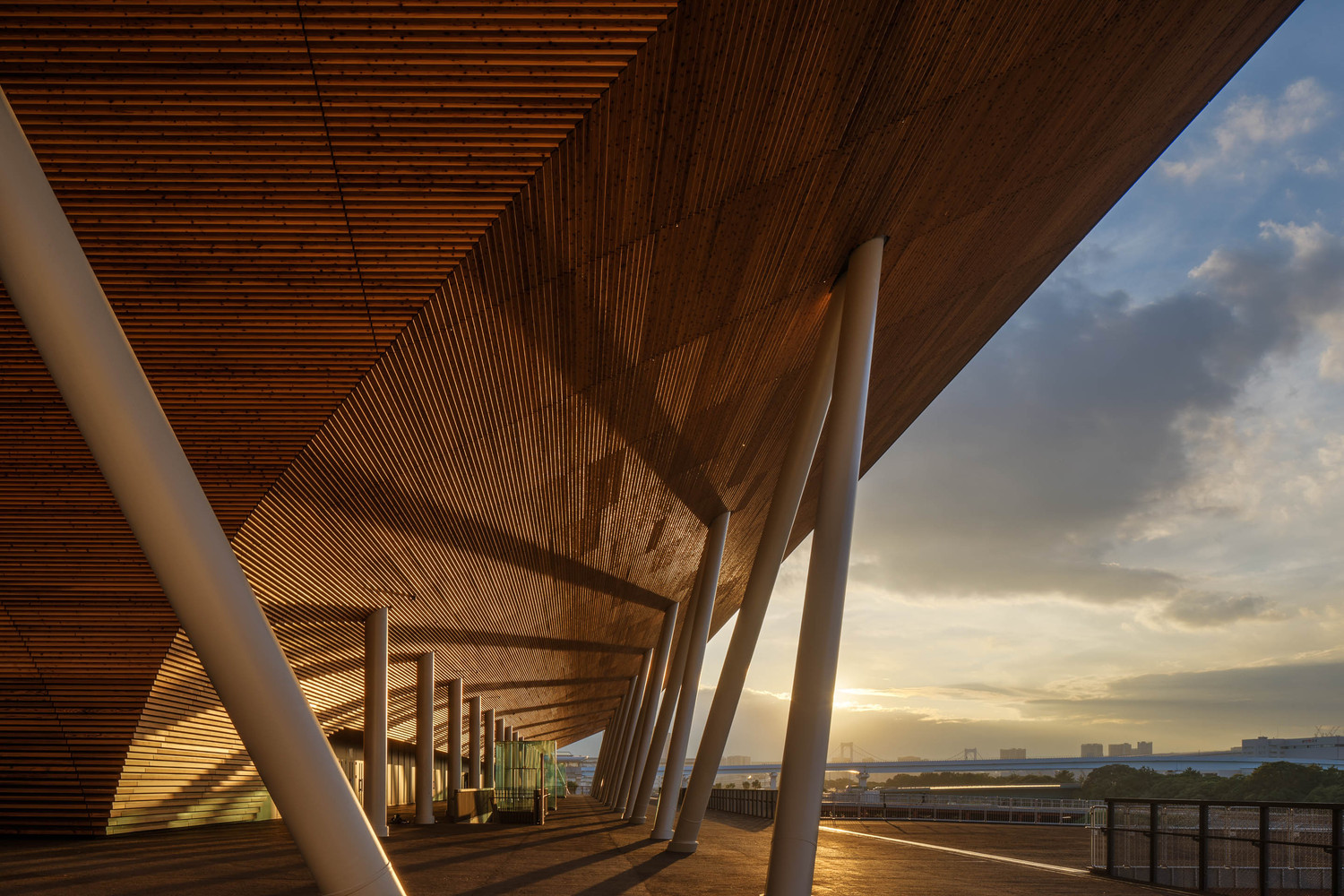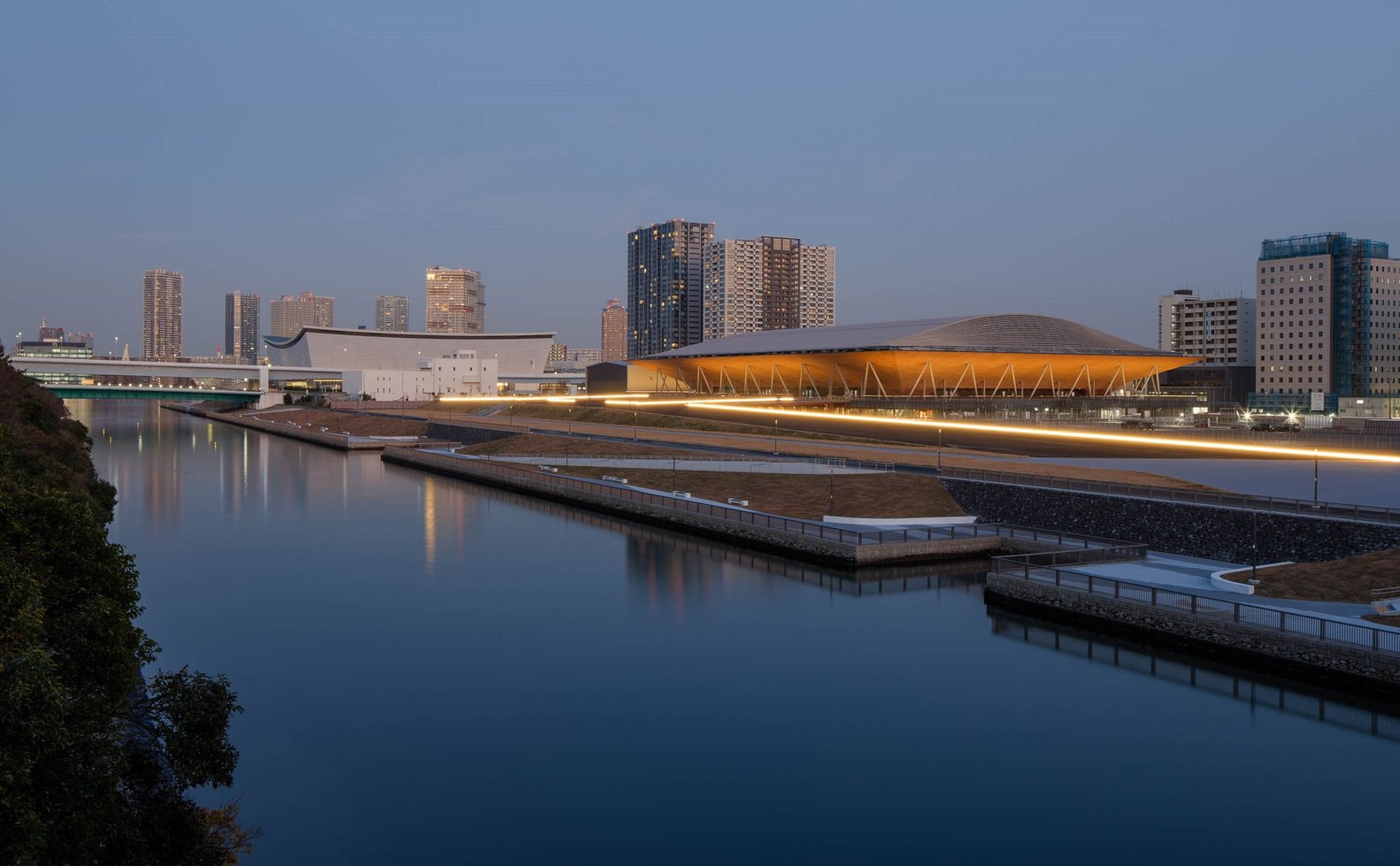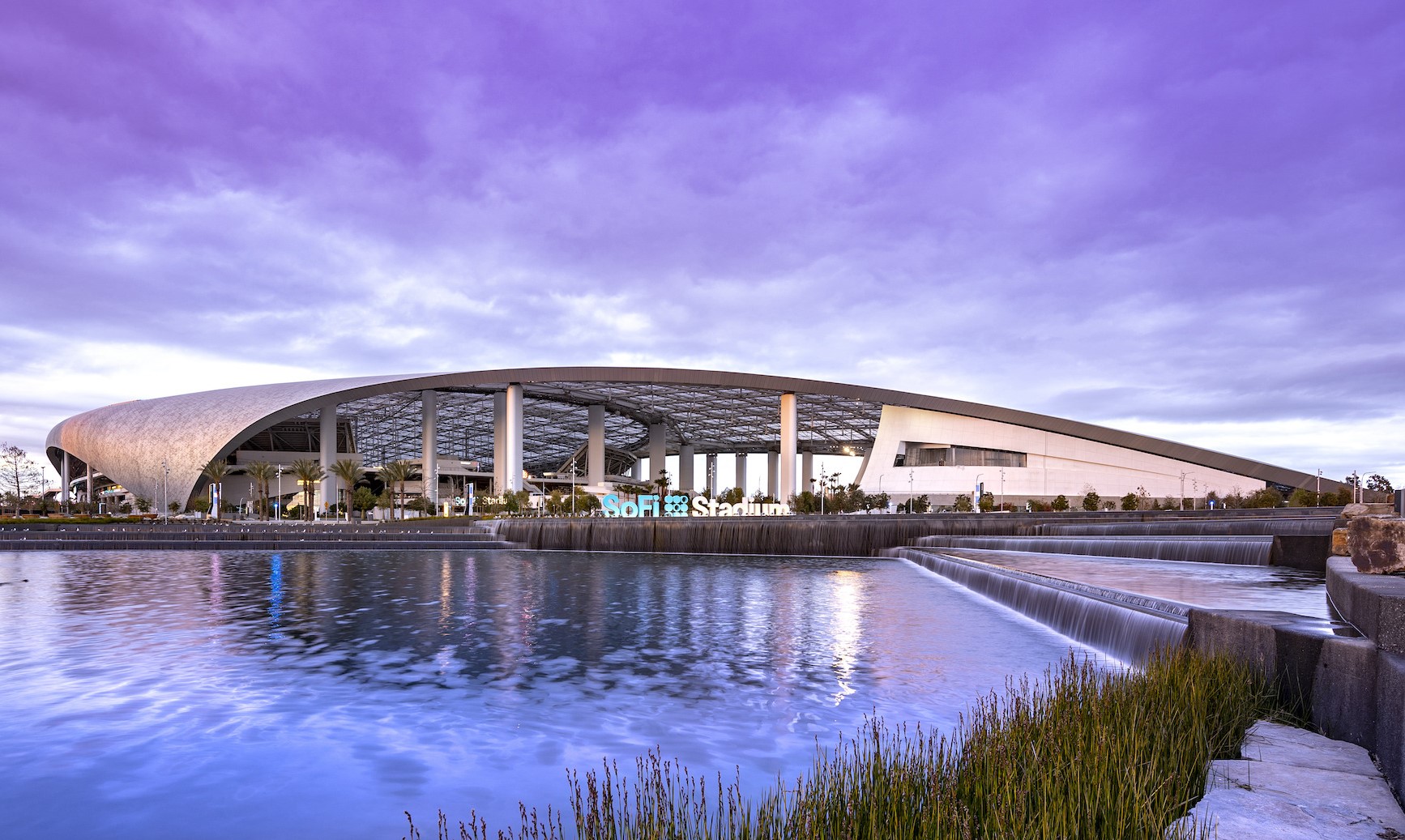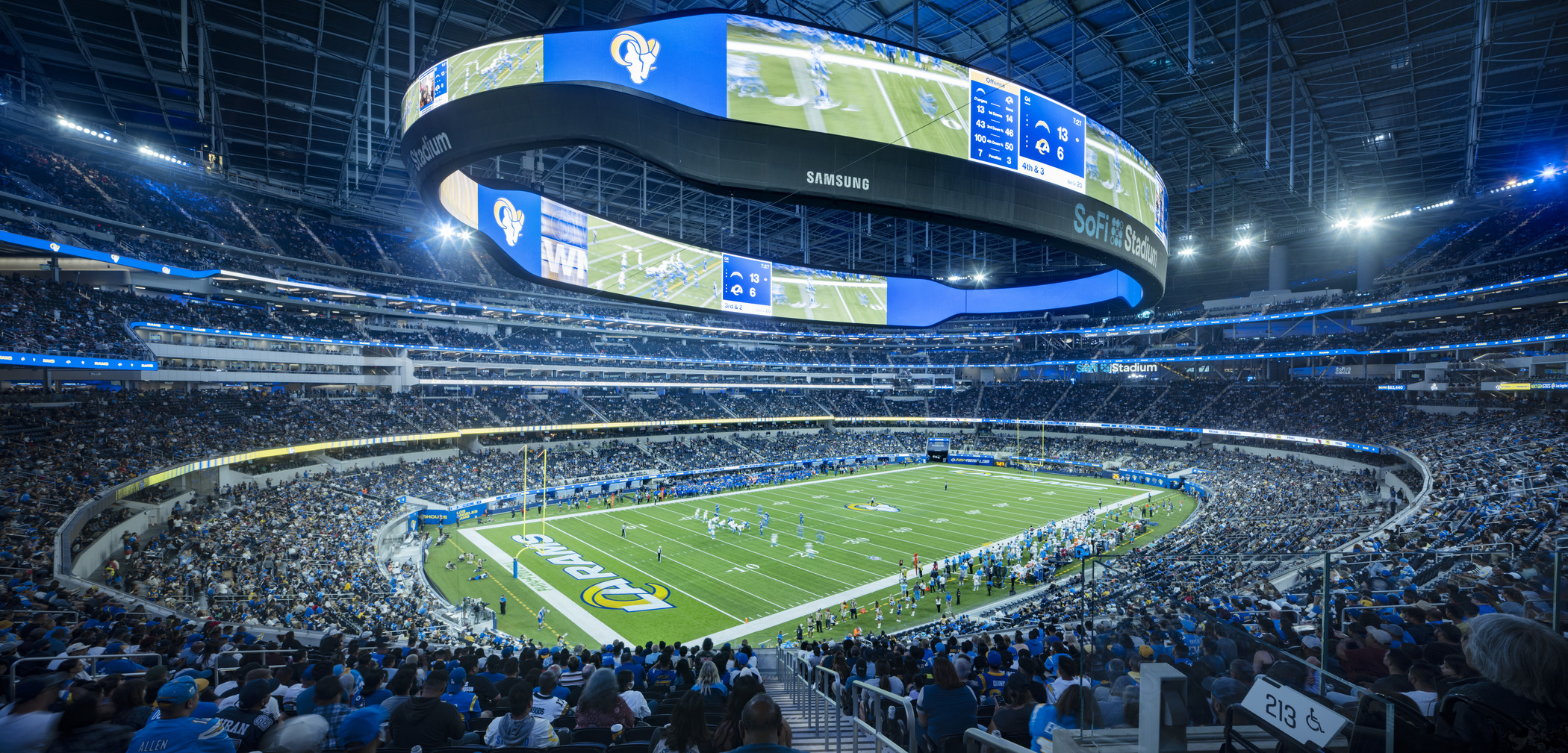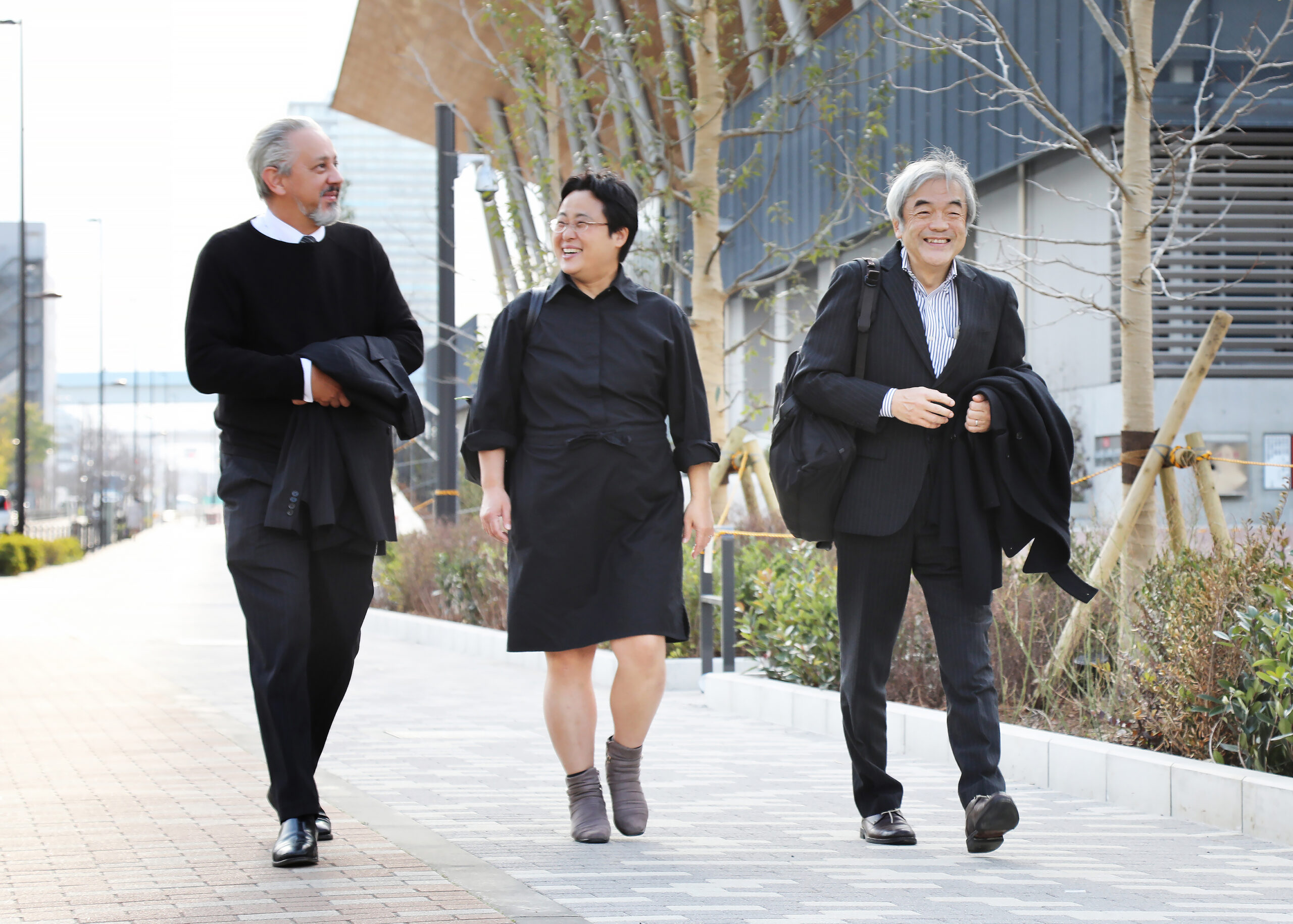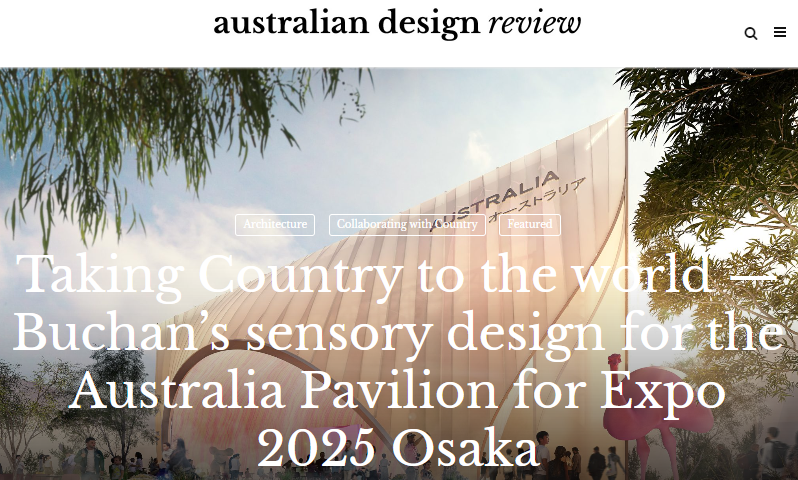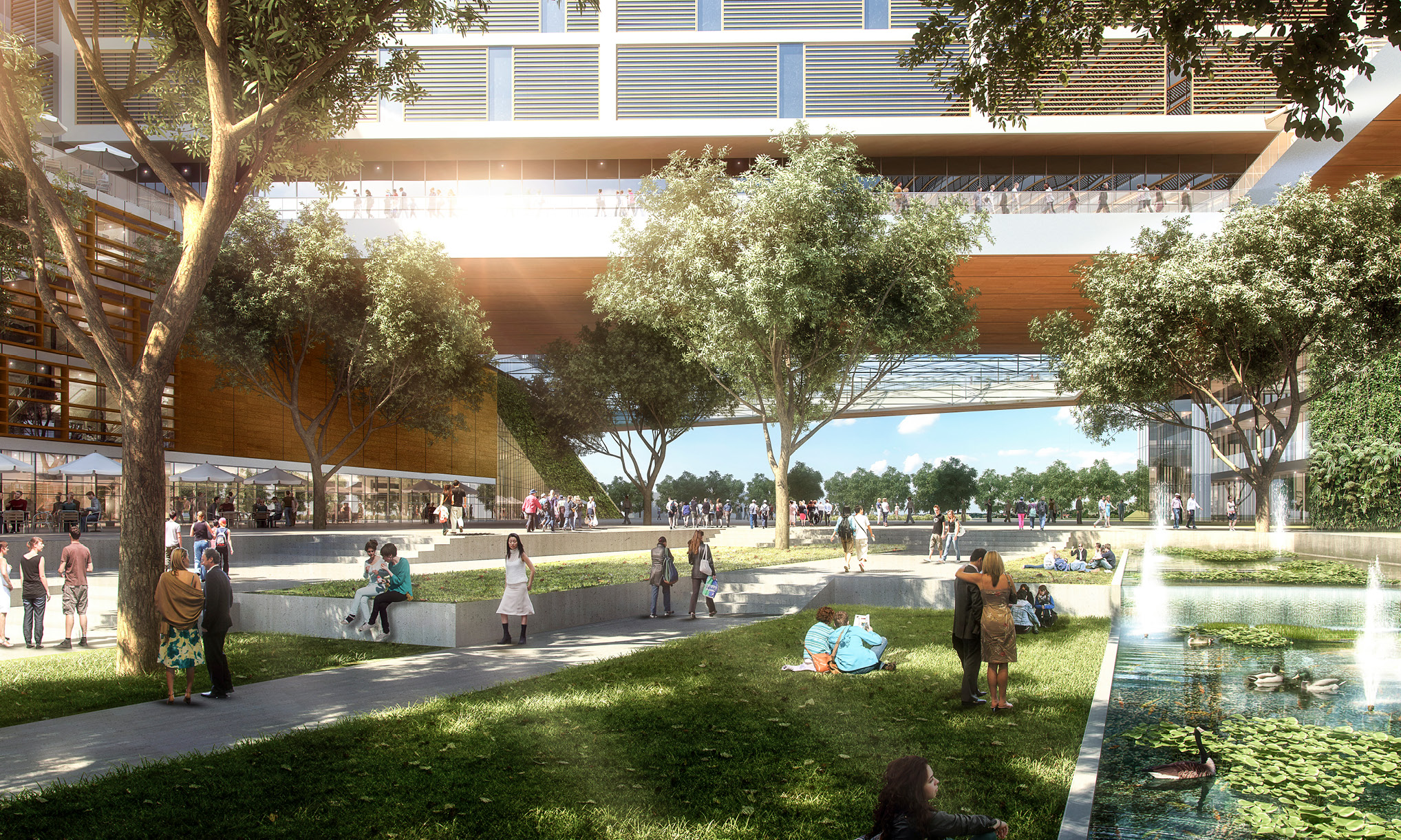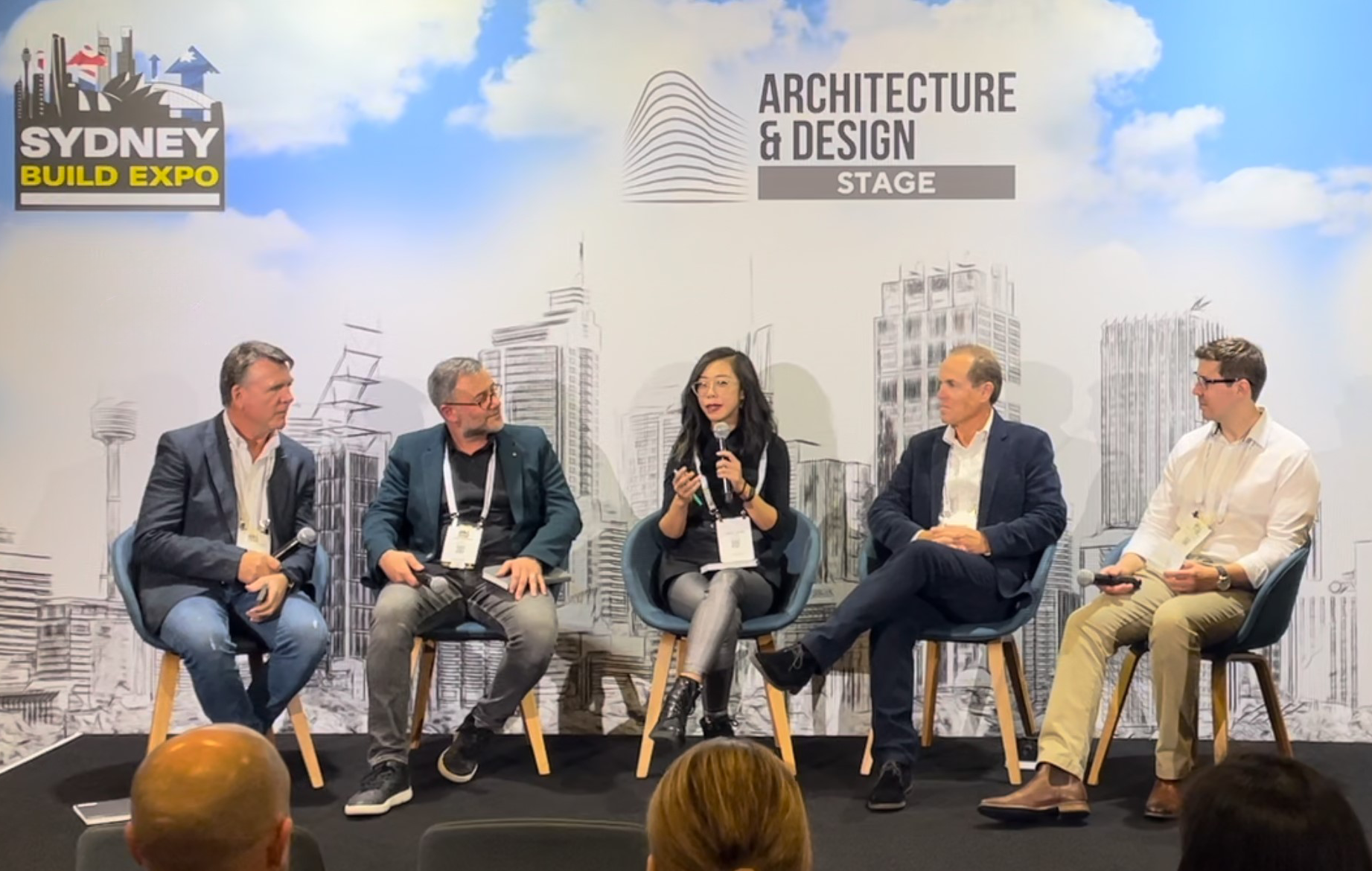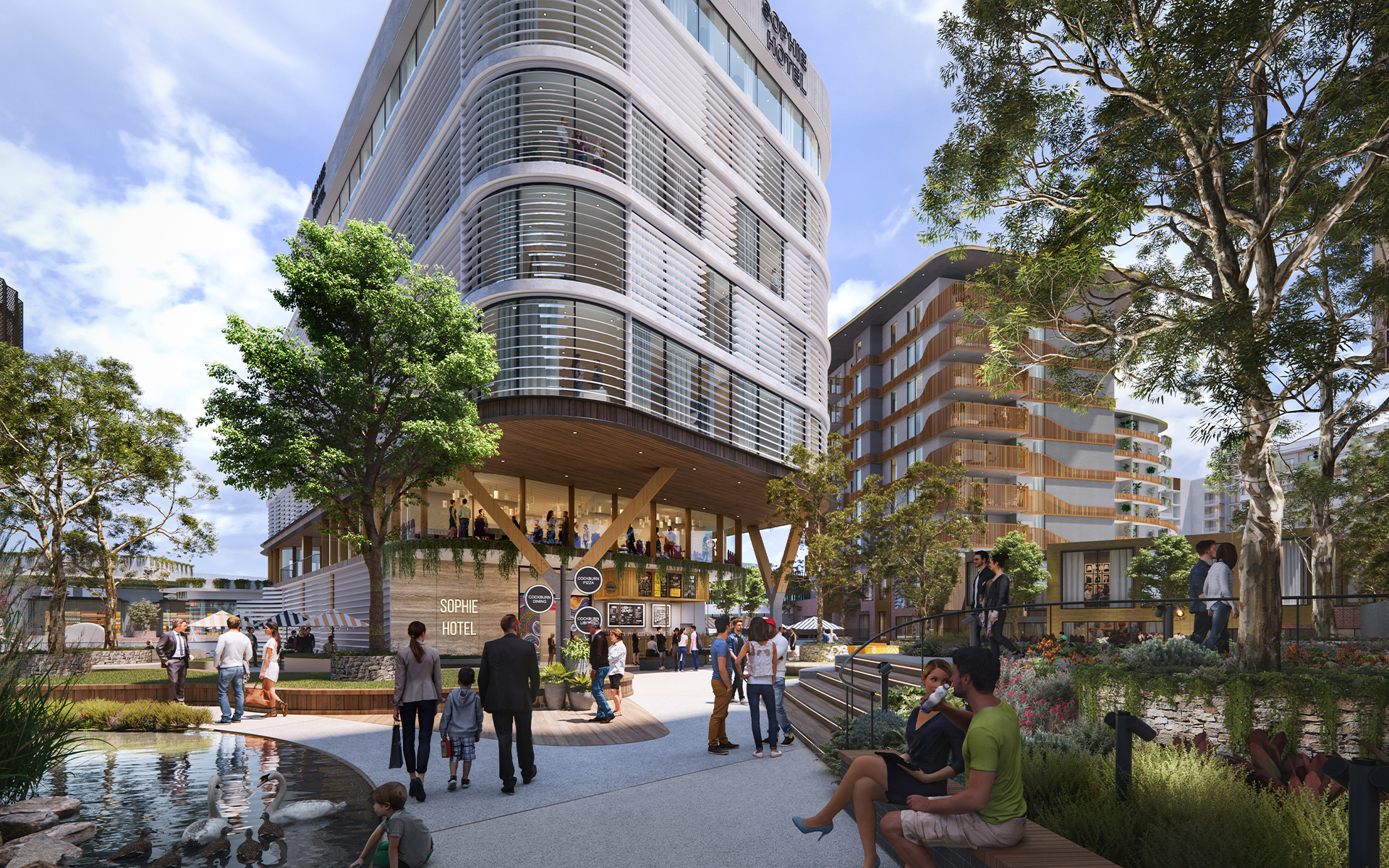An alliance of local and global architects wants to bring sustainable timber design to the Brisbane Olympics and fresh, local eyes to Olympic venue design in south-east Queensland.
Australian design practice Buchan has spearheaded the alliance, joining forces with Japanese firm Nikken Sekkei and international sports architects HKS, two of the largest design firms in the world. All have strong ties to Brisbane.
Buchan and Nikken Sekkei’s relationship goes back many years, with the Japanese firm currently delivering Buchan’s design for the Australian Pavilion for World Expo 2025 in Osaka. The Queensland Government is a Gold Partner of the Australia Pavilion.
Buchan’s Brisbane-based Principal and Precincts Sector Lead, Phil Schoutrop, says Buchan and Nikken Sekkei have shared aspirations for the people of Brisbane. “The 2032 Olympic venues, and the spaces in between, need to capture our communal spirit and not end up being generic places that could be anywhere. Buchan’s extensive local knowledge pairs well with Nikken Sekkei’s sustainable design expertise to amplify what makes Brisbane unique.”
With Japan being Queensland’s strongest trading partner, the alliance wants more people from the land of the rising sun, and around the world, to love Brisbane’s relaxed, cosmopolitan lifestyle.
“Brisbane has always been a popular destination for Japanese tourists,” says Nikken Sekkei Executive Design Fellow, Hiroshi Miyakawa, who makes frequent trips to the Queensland capital. “We love the people, the climate and the natural beauty of this place, as well as its vibrant, contemporary culture.”
Back in the 80s, Japanese tourists flocked to Queensland to cuddle koalas, but the cute marsupials are no longer the star attraction. According to a recent report by Tourism Australia, post-Covid Japanese travellers are seeking safe destinations with sophisticated urban environments that offer high-quality food and drink.
“Brisbane ticks all the boxes,” notes Miyakawa, who cites Southbank, Howard Smith Wharves and GOMA as distinctive Brisbane destinations.
The Tourism Australia report says that Japanese travellers also have a strong interest in the UN’s Sustainable Development Goals, such as climate action and sustainable cities. This aligns with the Queensland State government’s promise to host a climate-positive Olympics. Nikken Sekkei’s work is a natural fit.
The Japanese architects have a Wood Lab dedicated to the research, design, and delivery of sustainable timber buildings. An example is the Ariake Gymnastics Centre, the gymnastics venue for the Tokyo Games. Miyakawa was Principal Architect on the award-winning building, which was converted into a permanent exhibition hall after the Games. It features one of the largest timber roof spans in the world.
“Timber is a beautiful material that resonates with Brisbane’s sub-tropical climate and local architecture,” says Miyakawa, noting that the classic ‘Queenslander’ house has a lot in common with traditional timber homes in Japan.
“Bringing our expertise in sustainable sports venue design to the creation of distinctly Queensland venues would be a wonderful legacy for our two countries.”
HKS joins the alliance with an impressive portfolio of global sports and entertainment venues, including the state-of-the-art SoFi Stadium in Los Angeles.
The HKS sports sector lead in Australia is Andrew Colling, Principal/ Director for Australia & NZ, who grew up in Brisbane and lives on the Gold Coast. Colling worked closely on SoFi and says many locals have toured the stadium in the past 12 months, including the Queensland Deputy Premier and the Director General of Public Works.
“SoFi is a global benchmark for stadium design, but every venue HKS creates is specific to its people and place,” says Colling, adding that the 2032 Olympics should celebrate the things that make Brisbane unlike anywhere else. “To design for Brisbane, we need to look in the mirror. Who are we and what will make a great addition to our city, not just for 2032, but for the next 50 years and beyond?”
Buchan is an award-winning global architecture, interior, masterplanning and brand experience design practice with a 130-year legacy. Established in Queensland for over 40 years, Buchan’s Brisbane and Gold Coast studios work across the state on large and complex multi-sector projects.
Buchan is a collective of over 250 designers across 8 offices in Australia and New Zealand, with an extensive national and international portfolio that includes the design of the Australian Pavilion for Expo 2025 in Osaka, Japan, for the Australian Department of Foreign Affairs and Trade.
Embracing a commitment to reconciliation and supporting the next generation of Indigenous architects and designers in Queensland, Buchan established the inaugural Aboriginal and Torres Strait Islander Architecture Industry Scholarship through The University of Queensland.
HKS is a global architecture and design practice established in Dallas, Texas, in 1939. Working across sectors, HKS has an extensive portfolio of sports and entertainment venues.
HKS Brisbane was established in 2020 and is one of 27 offices around the world supported by a global team of 1,500+ people. HKS has completed projects in 92 countries and collected over 1,125 design awards, including the World Architecture (WAF) Sport award for SoFi Stadium in 2022.
The practice has designed many of the world’s most recognised and awarded stadiums, including: SoFi Stadium, Los Angeles; Dallas Cowboys AT&T Stadium, Texas; U.S. Bank Stadium, Minneapolis; Nippon Fighters Baseball Stadium, Hokkaido; Phoenix Mountain Sports Park, Chengdu; Royal Arena, Copenhagen; and Optus Stadium, Perth.
Nikken Sekkei is an international architectural, planning and engineering firm with headquarters in Tokyo. Since founding in 1900, it has accrued experience and nurtured its skills around the world through projects in China, South Korea, ASEAN, the Middle East and Spain, as well as in Japan.
Unique to the practice is the Nikken Wood Lab. a specialist team of architects and engineers researching and developing wooden structures, with a growing track record of award-winning projects.
Buchan and Nikken Sekkei formed an alliance in 2015 to explore opportunities together, in particular large-scale developments of local and global significance.
